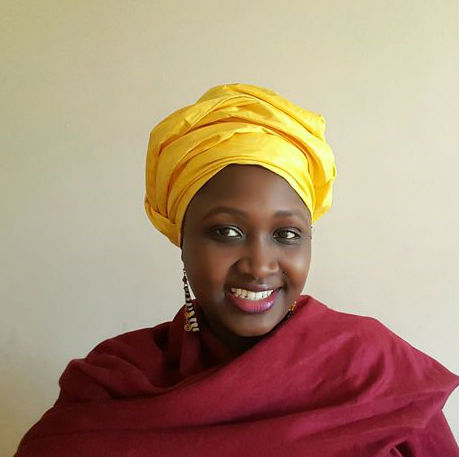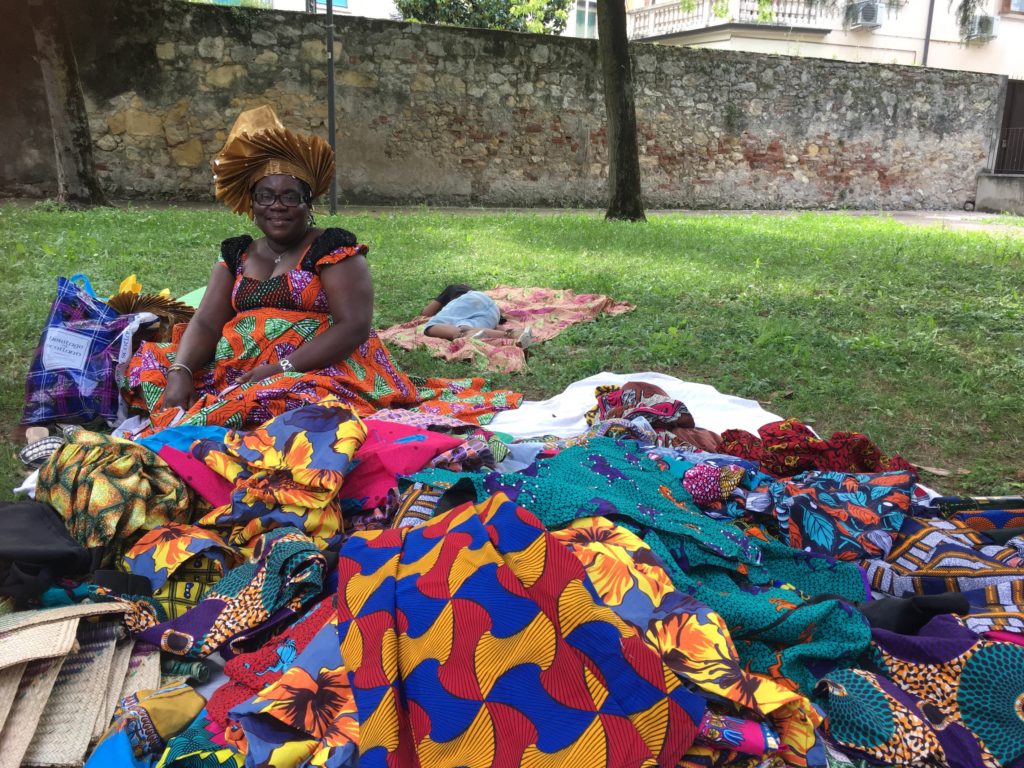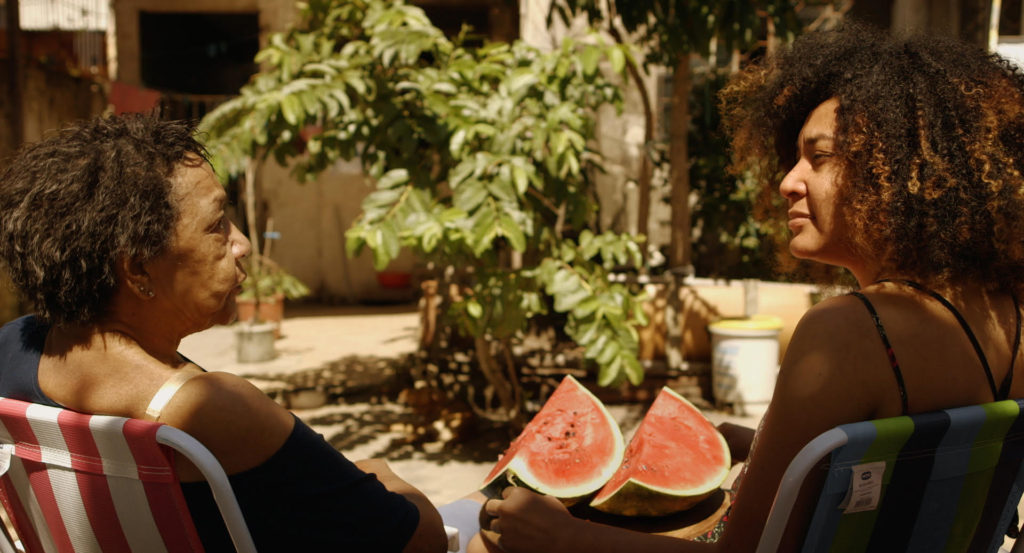An in-depth discussion with entrepreneurs and experts in workplace Diversity, Equality and Inclusion sheds light on the challenges Black migrant women encounter in traditional employment settings and the entrepreneurial paths they forge in response.
by Ana Dutra Tagliati
The UK government’s most recent laws on migration, such as the Illegal Immigration Act 2023 and the 2024 “Five Points Plan“, to reduce immigration, impose more obstacles for migrants to arrive and also remain in the United Kingdom. However, the extra barriers for black migrant women, such as language, low-paid work and childcare, have existed socially for many years, especially in Scotland.
With the difficulties faced by an underrepresented community, they had to come together to surpass the societal challenges of basic living needs, like finding employment.
That’s when Radiant & Brighter was created. Founded by Michael and Pheona Matovu in 2012, the organisation started to support the black migrant community in finding employment in Glasgow after they had faced years of unemployment themselves.
Six years later, in 2018, noticing the particularly increasing difficulties women faced in getting into the labour market, they started a workshop funded by the Scottish government to assist these women in creating their own businesses.

When asked about the workshop, Micheal said: “As an organisation, we decided to share the knowledge we had as a business startup with those who wanted to start a business.
“Additionally, my wife, the co-founder of Radiant & Brighter, and I realised that often when she was invited to events in Scotland, she was the only black woman in the room.
The idea then was: ‘How do we support women from our community to also participate in these events that my wife could be invited to?’
The plan was to initially reach about 30 women through the programme, but within the first six months to a year, we had over 120 women.”
The community’s response fuelled the partnership with outside organisations to create a peer mentorship front, identify the individuals’ skills and qualifications, and partner them with business owners and women in the labour market.
The mentorship idea, however, had a different model based on collaboration between both parties. In this model, they would learn from each other in a mentor-mentor approach, inserting and embedding the black migrant women in the Scottish labour market.
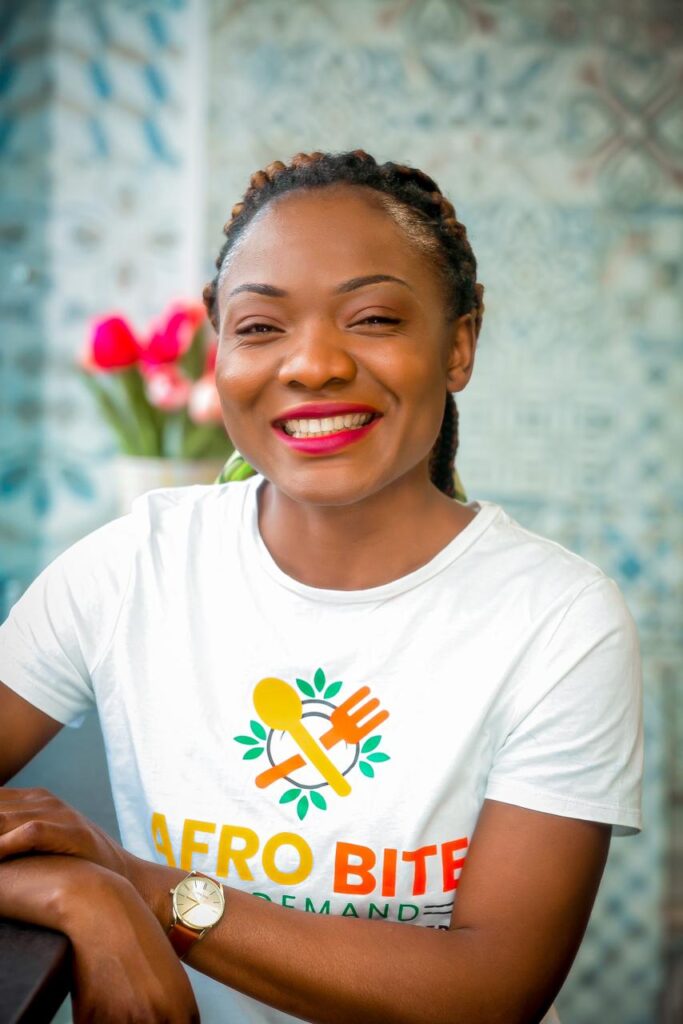
Surpassing the societal and governmental barriers to create a successful business
One of the workshop’s outstanding cases is Consolata Ogbebor, founder and owner of the famous Glasgow-based ‘Afro-Bite On Demand’.
Although she currently owns a successful business, starting Afro-Bite wasn’t always the plan. Initially, Consolata wanted to become an accountant, but despite majoring in Accountancy at a British university, she didn’t feel confident applying for jobs.
When talking about some of the barriers she faced, language and self-consciousness about her ethnicity were two of them. Eventually, she managed to secure brilliant jobs in famous organisations, although not as an accountant.
Years later, a university graduate and mother for the second time, during maternity leave, Consolata’s friend took her to Radiant & Brighter’s workshop.
“I started attending their seminars and took my baby with me. They arranged for someone to look after the baby so I could focus on the class.
Honestly, I felt as if, for the first time, I was in a place I was supposed to be. I spoke to people and we spoke the same language in a way.
Their support made a great difference, and I always tell Micheal and Pheona that going to Radiant & Brighter boosted my confidence and is where my business process really started.
Before, I felt like there wasn’t enough support for ethnic minorities, and if there was, I wasn’t aware.
Their mentorship made a difference, and I never looked back.”
The existence of barriers for black migrant women to join the labour market isn’t exclusive of Consolata’s story.
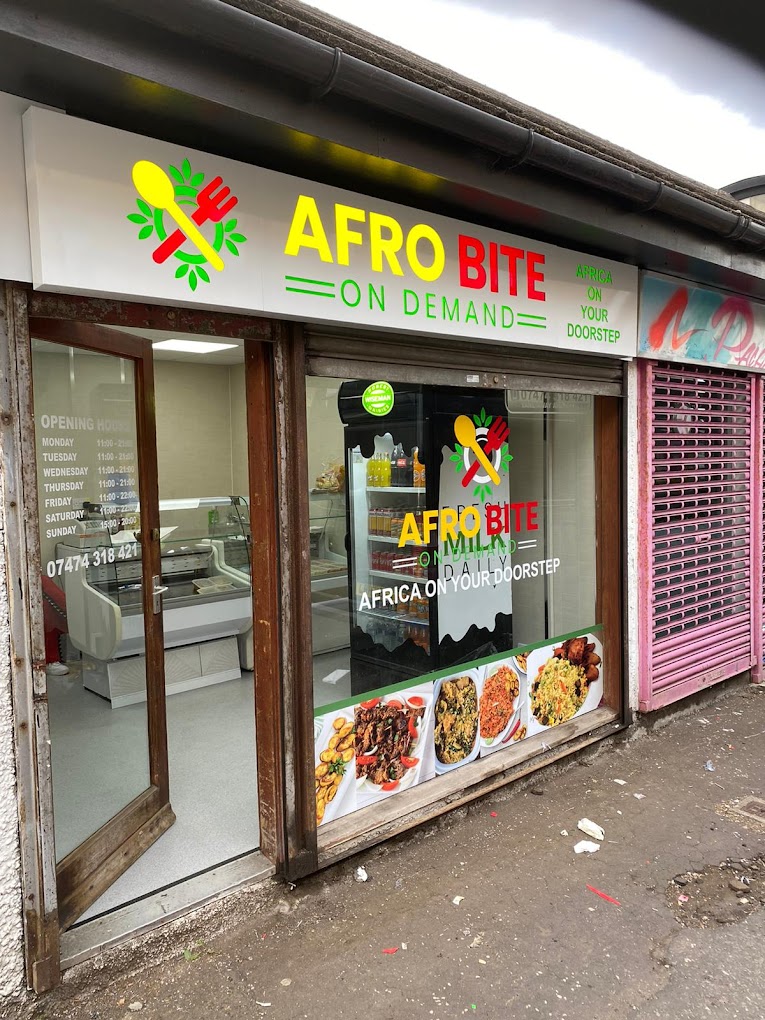
When asked about barriers that separate black migrant women and employability in Scotland, Micheal Matovu was emphatic:
“In terms of business startups and business investment, different recent reports, like the 2023 one by Ana Stewart and Mark Logan, highlight that only 2% of the investments go to women.
Now, it’s not clear how much of that 2% goes to the racialised women.”
In fact, a report published by the Federation of Small Businesses (FSB) in 2019 discovered that immigrant-led small and medium-sized enterprises generate £13 billion in revenues for the Scottish economy. However, the study also found that these numbers exist despite the lack of support offered by the Scottish Government.
Another key issue in dismantling the difficulties found by black migrant women in the labour market in Scotland is the lack of data to recognise the issues faced by the community.
Although Glasgow is knowingly the most ethnically diverse city in Scotland, according to the Employee Diversity Information report released in March 2023, the proportion of white Scots and black migrants who got to the last stage of recruitment in the last year was over 200 times to 1.
As for the Edinburgh City Council, it doesn’t break down the numbers by ethnicity, making it hard to dimension the issue in the Scottish capital.
On a national scale, the Scottish Government also lacks in data collection. The reports for employability only break down by ethnicity, failing to recognise the differences between the ‘Black British’ and the black migrant community, which ends up neglecting the different realities and different needs of these two groups.
The importance of having the right numbers is mainly to understand the gaps in supporting the different communities within Scotland.
Since the Scottish Government itself lacks specific data, it fails to understand the assistance needed by the minority communities, leaving them to support themselves.
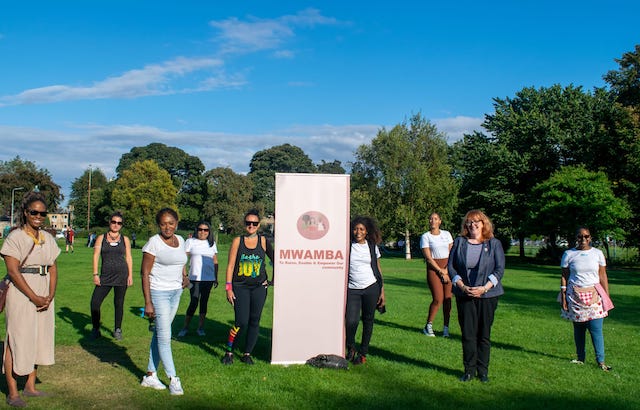
Conversation Cafes encourage women to start their businesses
Edinburgh-based charity Mwamba is another organisation that offers encouragement and guidance, specifically for women of minority ethnic communities.
Founded in 2016 by Fiona Fraser, it aims to support women who are facing difficulties in a ‘free space’ where they are guaranteed understanding from the community.
From the monthly programme ‘Conversation Cafés’, where the women are able to share their life experiences and frustrations, other programmes and workshops are created to support more specific needs, such as employability.
Fiona talked about what fuelled the creation of the employability workshops:
“Migrant women would come from whichever country qualified as a lawyer, a nurse, a journalist, and find that they had to pay huge amounts of money as an international student to relearn the very same things that they had to learn prior.
The fact that you had to put yourself through university in your own country and come over to share—please note the word share—your skills, and then you’re told they’re not good enough automatically makes you believe that you’re less than or not good enough.
The effect and ramifications of this are very far-reaching.”
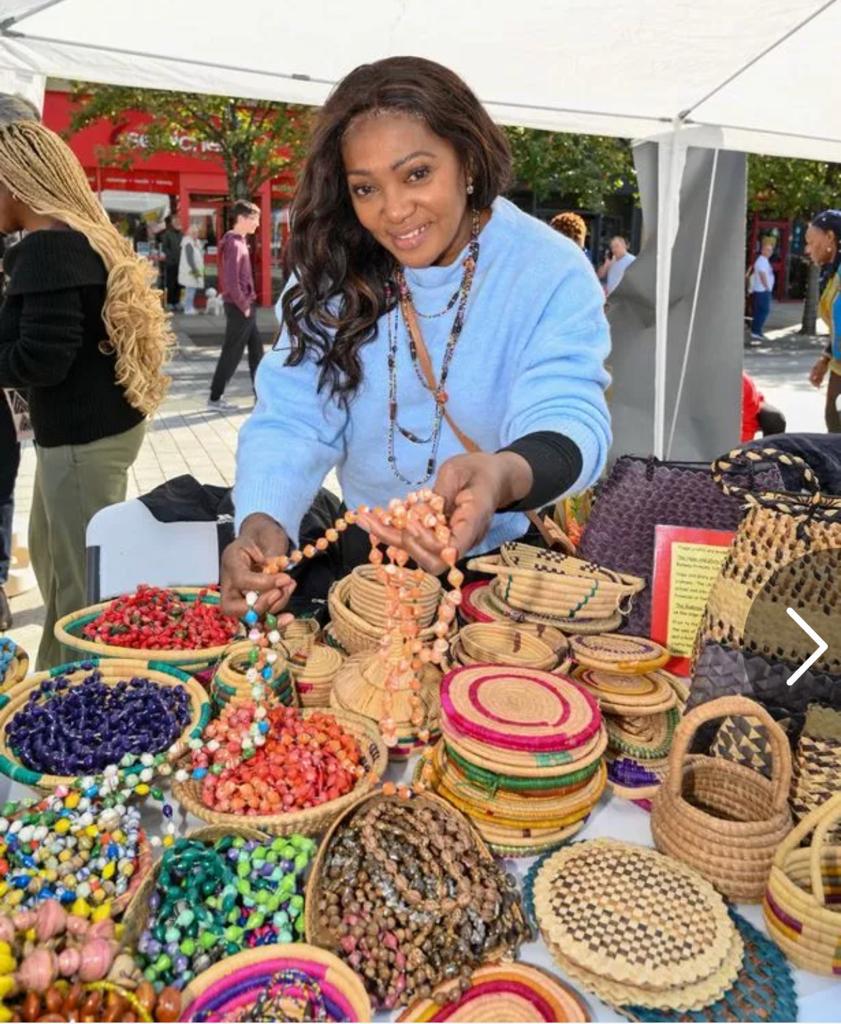
In addition to pursuing a requalification in the country, these obstacles can lead ethnic minority women to two other routes: work in the care sector or open their own businesses.
Viana Maya, CEO of the employability organisation pRESPECT, has years of expertise working and advocating for change in career development for people of colour.
When asked about why the care sector, she explained:
“It’s easier to get a job in the care sector. It’s one where the barriers to access aren’t that difficult. It’s a difficult industry to work in, but it’s easy to get into, especially as a care assistant.
However, the majority of Black people of African heritage who access employability or any other type of career support are usually diverted to the healthcare sector. In recent years, the government opened up care visas to help fill the high number of healthcare vacancies and ‘plug the gap’.”
Viana also added that pRESPECT doesn’t advise or support employment in the healthcare sector. Through its study ‘Untapped Talent,’ the organisation found that “too many people were getting stuck in the field without career progression”.
The study research shows that “83% of employed/underemployed respondents work in the health sector regardless of specialisation, with 80.29% forced to work as carers and the majority on zero-hour contracts. 82% of the survey’s 638 respondents have experienced discrimination while applying for work, in the workplace or both”.
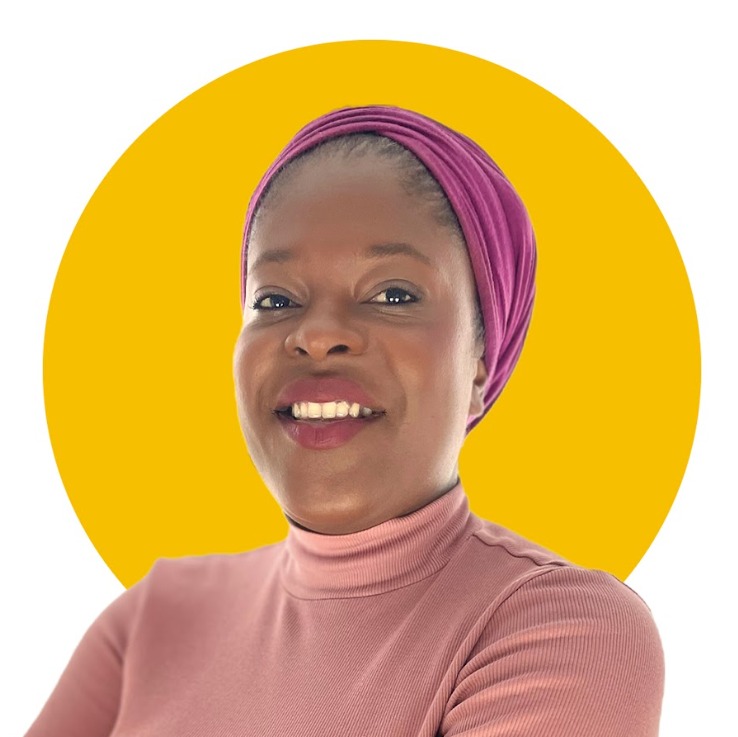
This was the case of a woman who attended one of Mwamba’s Conversation Cafés, leading her to open her own business, as Fiona explained:
“We had a lady who initially worked as a carer or support worker but was qualified as a nurse.
She had mental health difficulties, and when she came to us and engaged in one of our one-to-one programmes, she got to a place where she thought she was mentally and emotionally okay.
She then decided she enjoyed community cooking, and she came and made a sauce that many people loved. We encouraged her to make the sauce, buy some jars, and sell it at fairs.
It became such a success that we sent her to ‘set your own business’ classes, which she attended. As she’s still working on the project, she plans to create her own business and sell her sauces. Now, she wants to open her own café.
There was also another lady who studied to become a podiatrist who felt like the work within the NHS or other sectors didn’t quite work [for her], so she started her own business working as a private podiatrist within the community in different aspects, with the elderly and young.”
The fact is that, somehow, the black migrant women community seems to wander towards opening their own business, setting up roots in their own culture to engage with the community.
Whether it’s due to a lack of support in the employability sector or recognition to engage these women in the Scottish labour market while using the skills acquired in their home countries, Fiona says:
“Opening a business because you can’t find a job is not necessarily a bad thing.
If you put all that effort into wanting to do something and then make the decision to make something else, it’s fine.
But if your decision is based on the fact that you are not accepted or there isn’t an opening, then it’s not a good thing.”

